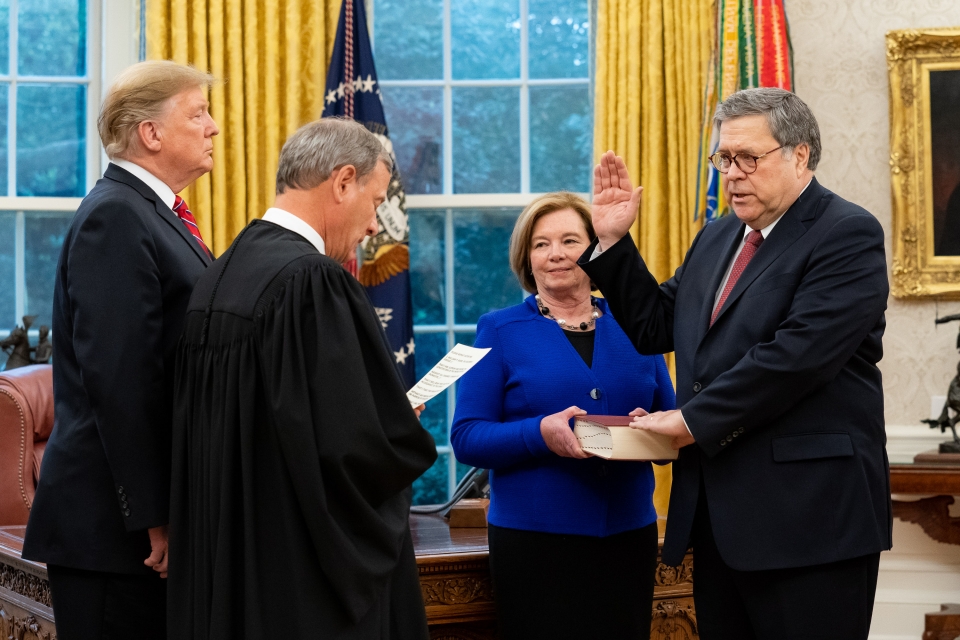The party of big government

Republicans like to claim to be the party of “limited government” and “individual liberty.” But this has never been true. It’s true that Republicans want lower taxes for the rich and fewer benefits for the non-affluent. But this combination of policies is a material net loss of freedom for most people, and in addition they want a government that is extremely intrusive for lower castes on a day-to-day level:
The op-ed that Sen. Tom Cotton, R-Ark., widely seen as a rising star in the party, wrote last week for The New York Times is a much better reflection of what American conservatism is really about than their mantra of “small government.” A nearly fascistic call for the military to be called in to violently suppress the mostly peaceful protests spurred by the ongoing, unjustified and unjustifiable killings by police of multiple Black men and women, it has deservedly cost the opinion editor of the Times his job. (Cotton is reportedly raising big money off both the piece and the fracas.)
There is no bigger government than one that can kill its citizens at will for protesting the government killing them at will. It’s one reason the right to protest is our First Amendment.
But President Donald Trump certainly reflects the Republican spirit of that type of big government. Sure, the signature achievement of the Trump administration was an upper-class tax cut, and they nearly passed a partial repeal of the Affordable Care Act, which they proclaimed a victory for smaller government…But the tax cut does nothing to materially enhance the “liberty” of the American people, unless one counts as “freedom” the ability of Jeff Bezos’ heirs to never have to work for a living. Similarly, taking away health care from people is a net negative loss to their freedom — not least because there’s nothing “free” about extremely ill or dead.
When it comes to the police, on the other hand, Trump infamously told police officers in 2017 “please don’t be too nice” to suspects, despite years and years of court rulings that suggest officers being too nice to suspects is not the problem with law enforcement in the United States. It’s probably not a coincidence that Bob Kroll, the head of the Minneapolis police union — George Floyd died while in the custody of Minneapolis police — is a major Trump supporter who appeared with him at a rally last year.
And Trump’s applause for authoritarian policing isn’t just empty rhetoric: his Department of Justice has dismantled many of the consent decrees the Obama administration made with police departments to reduce brutality and abuse.
[…]
There’s nothing new about the kind of intrusive government favored by contemporary American conservatives either. While high schoolers are taught that the American Gilded Age as the age of “laissez-faire” government, the historian Richard White observes in his magnificent recent history of the era that local sheriffs and other law enforcement officials were dependent for fees and fines for most of their revenues, and thus engaged in the constant, day-to-day harassment of ordinary people, essentially extorting money for minor and sometimes made-up offenses. The result was a government that was an overbearing presence in the lives of many people while providing little-to-no practical benefits — and which we somehow now valorize as “hands off.”
This is the kind of system that was revealed to still exist in municipalities like Ferguson, Missouri, during the first wave of Black Lives Matter protests; the arbitrary harassment by police officers will always be disproportionately directed at Black residents. And it’s the kind of system Trump’s Republican Party wants to make national – a state that constantly unleashes arbitrary violence at the nation’s most vulnerable populations while doing little to provide them with essential social services.
I have more at the link.


